Versatile and lightweight, styrofoam food containers provide excellent insulation for maintaining food temperature. The containers effectively preserve the warmth of hot dishes while keeping cold items chilled. Crafted from expanded polystyrene foam, these containers offer an excellent and cost-effective solution for packaging and transporting a variety of meals. Their insulating properties make them particularly suitable for takeout and delivery services, ensuring that food remains at the desired temperature until it reaches its destination. Additionally, styrofoam food containers are durable and resistant to moisture, preventing leakage and preserving the integrity of the contents. With their convenience and insulation capabilities, these containers play a crucial role in the food service industry, facilitating the efficient and sound delivery of culinary delights to customers.
Variety and types of styrofoam food containers
A vast range of polystyrene food containers is available in the market, catering to different needs and applications. The options are endless, from small, single-serve containers to large, multi-compartment trays. The Cambro styrofoam box is a famous example of its robustness and insulation capabilities. Moreover, Styrofoam containers come in various shapes and sizes, accommodating different portions and culinary preferences. Styrofoam's insulating properties also make it an ideal choice for hot and cold foods, maintaining desired temperatures. The range of styrofoam food containers includes hinged-lid clamshells, compartment trays, and soup containers, offering versatility for various culinary applications. The material's durability and resistance to moisture enhance its functionality in diverse settings, from casual picnics to formal events.
Key features of styrofoam food containers
Critical features of Styrofoam food containers include excellent insulation properties to maintain food temperature for prolonged periods. These containers exhibit lightweight yet durable construction, protecting various culinary items. The non-porous surface of styrofoam prevents leakage and ensures the integrity of the stored contents. Additionally, these containers offer cost-effectiveness, making them an economical choice for businesses and consumers. Their versatility extends to accommodating hot and cold foods, catering to diverse culinary needs. The ease of stacking and storage contributes to efficient handling in busy food service environments. Furthermore, styrofoam's resistance to moisture and condensation enhances its suitability for various applications, from casual events to formal gatherings, ensuring that food remains fresh and delicious.
Material and construction of styrofoam food containers
Polystyrene containers are made from a type of plastic called polystyrene. The material undergoes an expansion process where tiny polystyrene beads are expanded using steam to form larger, air-filled particles. These particles are then molded into different shapes to create containers, including polystyrene food boxes. Styrofoam containers exhibit a high strength-to-weight ratio, ensuring durability while remaining lightweight. The material's thermal resistance properties contribute to effective temperature retention, keeping food at the desired temperature for extended periods. Furthermore, the versatility in design allows for easy stacking and storage, optimizing space efficiency. Styrofoam food containers are popular in the food service industry due to their cost-effectiveness, thermal insulation, and practical construction.






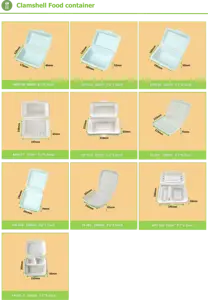

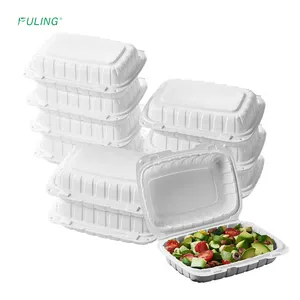

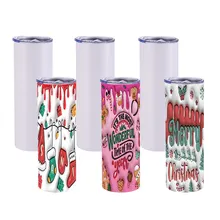

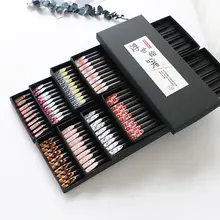

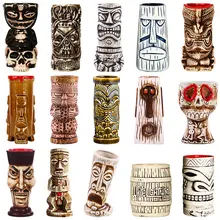












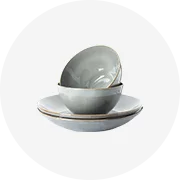













 浙公网安备 33010002000092号
浙公网安备 33010002000092号 浙B2-20120091-4
浙B2-20120091-4